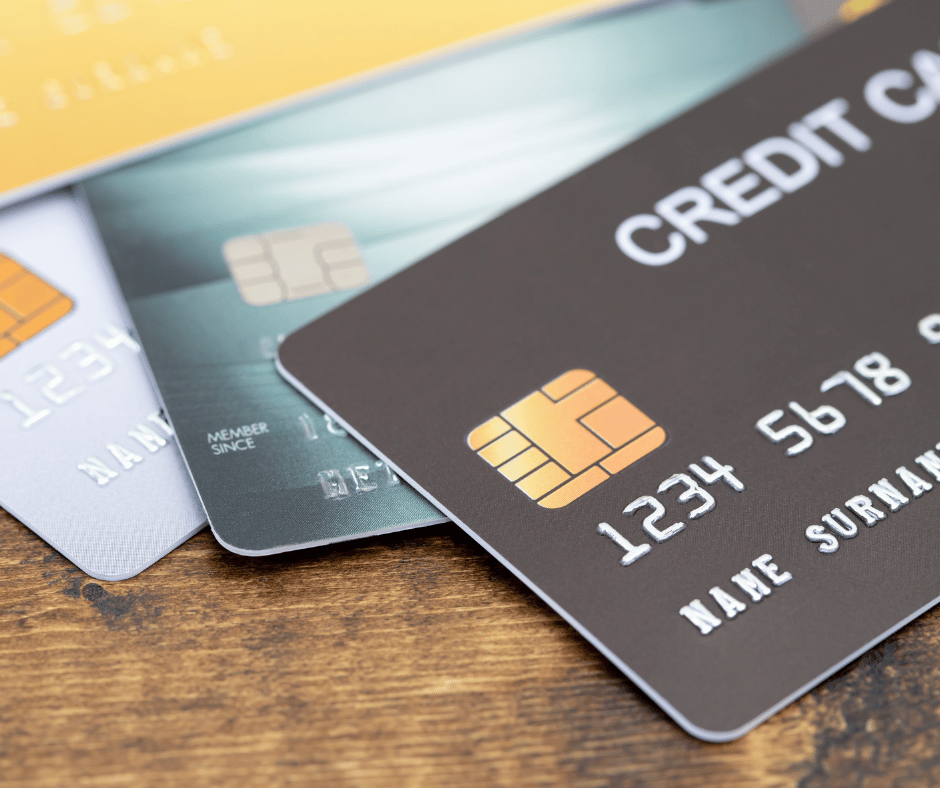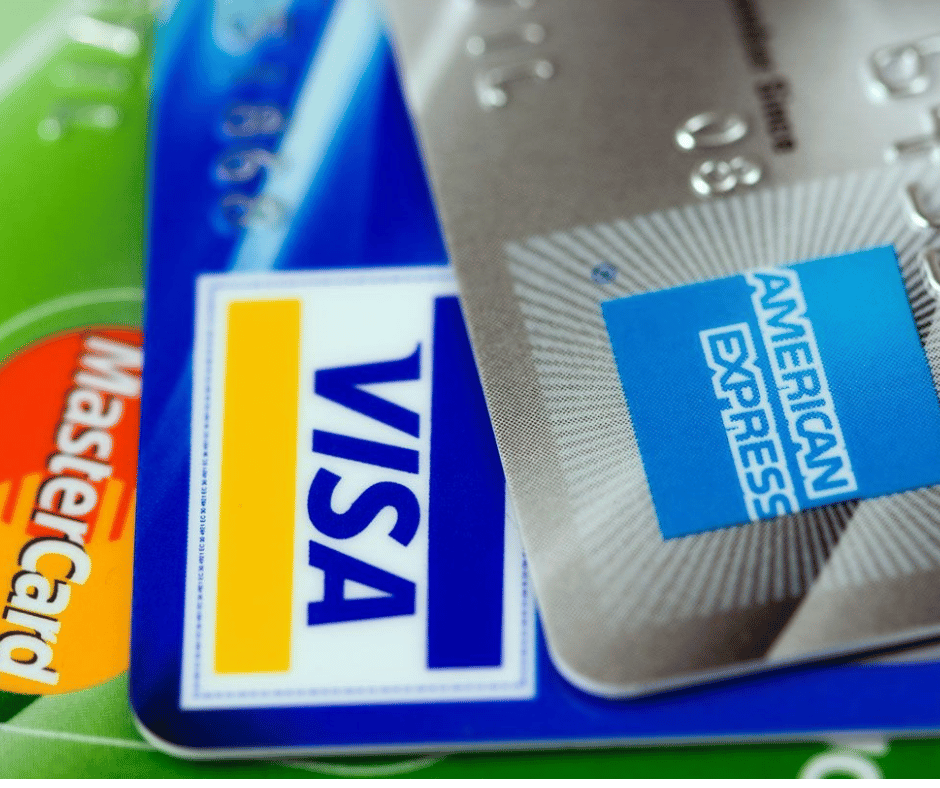Do you have bad credit and want to open a bank account?

Here are bank accounts, without credit check you can open in minutes:
1. Cashplus
Cashplus is an online bank account which provides personal and business banking. You can open an account in minutes and it’s hassle-free.
Fees
Monthly fee – £5.95
Card issue fee – £5.95
Features and benefits
* Banking app and online banking
* Contactless debit card
* Deposit money in any Post Office
Get more information, here: Cashplus Bank.
2. Card One Money
Get started with a Card One Money account quickly and get yourself a bank account.
Fees
Monthly fee – £12.50
Features and benefits
* No credit check and no account opening fee
* They will deliver your sort code and account number by text, usually, within minutes
* Pay standing orders
Get more information, here: Card One Money.
3. Pockit
Fees
Membership fee – £1.99 per month
Features and benefits
* You can open an account in 3 minutes, either online or on an app
* Get an account with any credit history
* You can get cash back from high street retailers
Get more information, here: Pockit Bank.

4. Suits Me
Fees
* Monthly fee – £4.97
Features and benefits
* You can open your account online or in an app
* No credit check
* You can get exclusive cash back rewards and deals from partners
Get more information, here: Suits Me Bank.
5. Revolut
Features and benefits
* No credit checks
* No for proof of address
* Open free account in minutes
Get more information, here: Revolute Account.

Bad credit history
If you have a bad credit history and unable to get a bank account from banks and building societies, then you can open an account with Cashplus, Card One Bank, Pockit and Suits Me to get you started.
These are alternative accounts you can open quickly to enable you to use banking facilities.
Basic bank accounts
The government required some of the largest banks and building societies to provide a basic account to people who are unable to open regular bank or building society accounts, due to various reasons including bad credit history.
However, although these banks and building societies provide a basic account, not all of them will openly advertise it. Therefore, it is important that you ask. In addition, although some have these accounts available, it is hard to open a basic account with them.
A basic account is a free account, that allows you to deposit money into the account and spend it using a card, or by withdrawing money from your account. Here are some basic accounts you can open:
Barclays Basic Account
Nationwide Basic Account
Halifax Basic Account
HSBC Basic Account
Build up your credit score
Opening any bank, building society, online or app based account, will enable you to build up your credit score. And, when your credit score improves, you could be offered more regular accounts and more banking facilities.
To build up your credit score will require you to manage your money better and to pay your bills in time. If you default in any payments you have, this could hinder your credit score.
If you are in debt and making payments for this, then it is important that you maintain this to clear your debt. If you need support with this, then you can get help and advice from your local Citizens Advice or from the National Debtline.

Importance of having a bank or building society account
If you do not have a bank or building society account, it is important that you do. Otherwise, it will hinder you from buying online and accepting payment transactions.
Additional information
If you would like to know how to improve your credit score, go to: Money Helper.
If you would like free advice on debt, go to: Citizens Advice.
If you are struggling with your energy bills, read our article: Help with Energy Bills.
If you are looking for a home insurance, read our article: Home Insurance – Compare Cheap Quotes.
If you are looking for the best SIM only deal, read out article: Best SIM Only Deals UK – best SIM only plans available
If you are interested, check out: Best Bank Accounts for Bad Credit.
If you are interested in a loan, check out: Loan.co.uk.
If you would like more information about bank regulations, go to: Financial Conduct Authority (FCA).